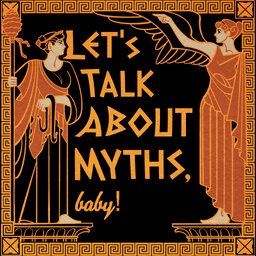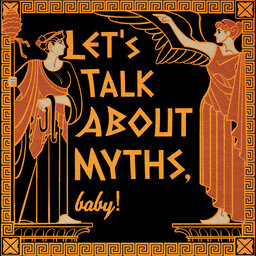Who Doesn’t Like a Good (If, Deadly) Riddle? Laius, Chrysippus & the Sphinx
Why was Thebes the way it was? Why was the Sphinx sent there, and was it Laius' fault? We're looking at all the Sphinxian background to Oedipus Tyrannos. Help keep LTAMB going by subscribing to Liv's Patreon for bonus content!
CW/TW: far too many Greek myths involve assault. Given it's fiction, and typically involves gods and/or monsters, I'm not as deferential as I would be were I referencing the real thing.
Sources: Oedipus Tyrannos as retold in the past three episodes; Early Greek Myths by Timothy Gantz; Theoi.com entries on The Sphinx and Chrysippus.
Attributions and licensing information for music used in the podcast can be found here: mythsbaby.com/sources-attributions.
 Let's Talk About Myths, Baby! Greek & Roman Mythology Retold
Let's Talk About Myths, Baby! Greek & Roman Mythology Retold


